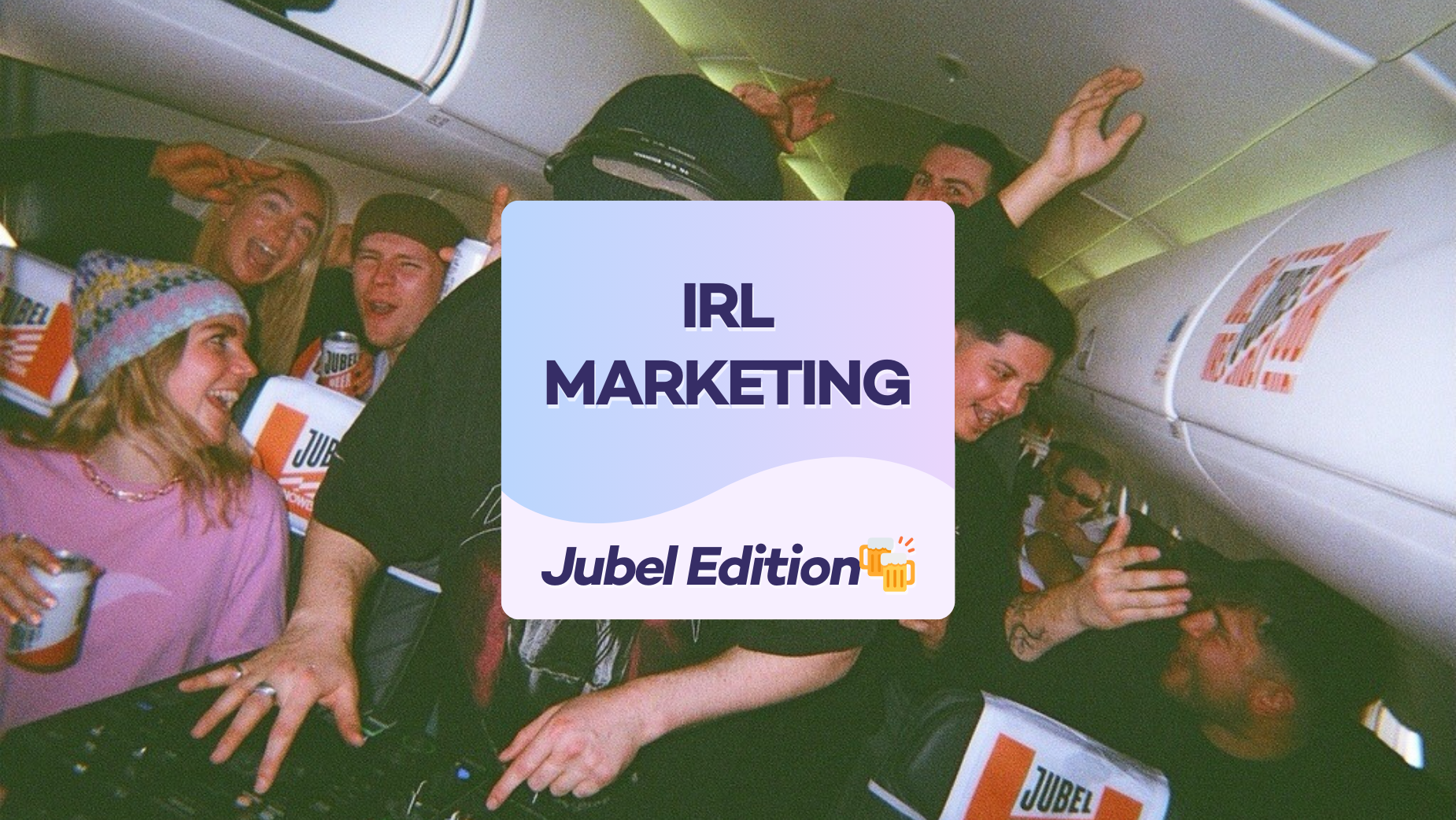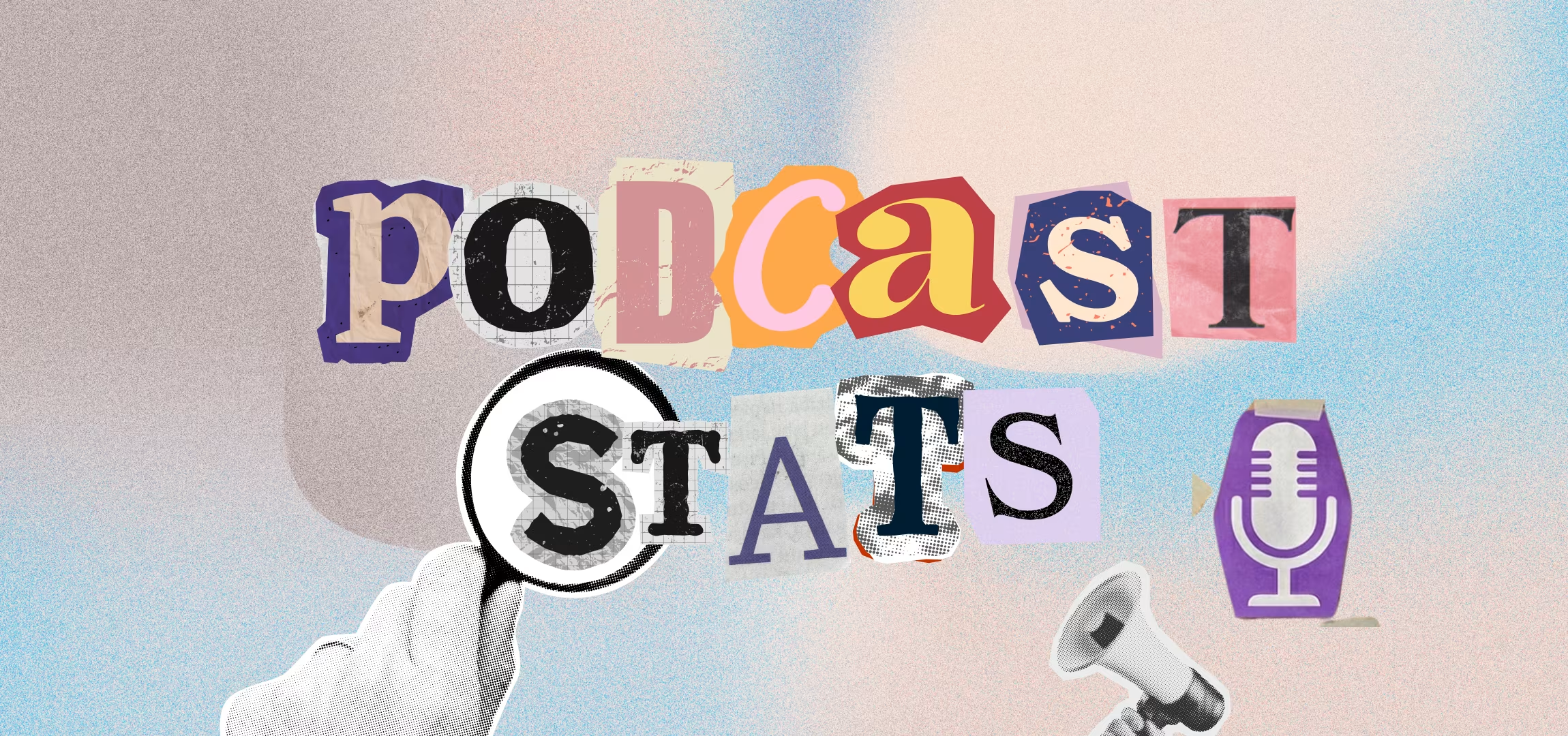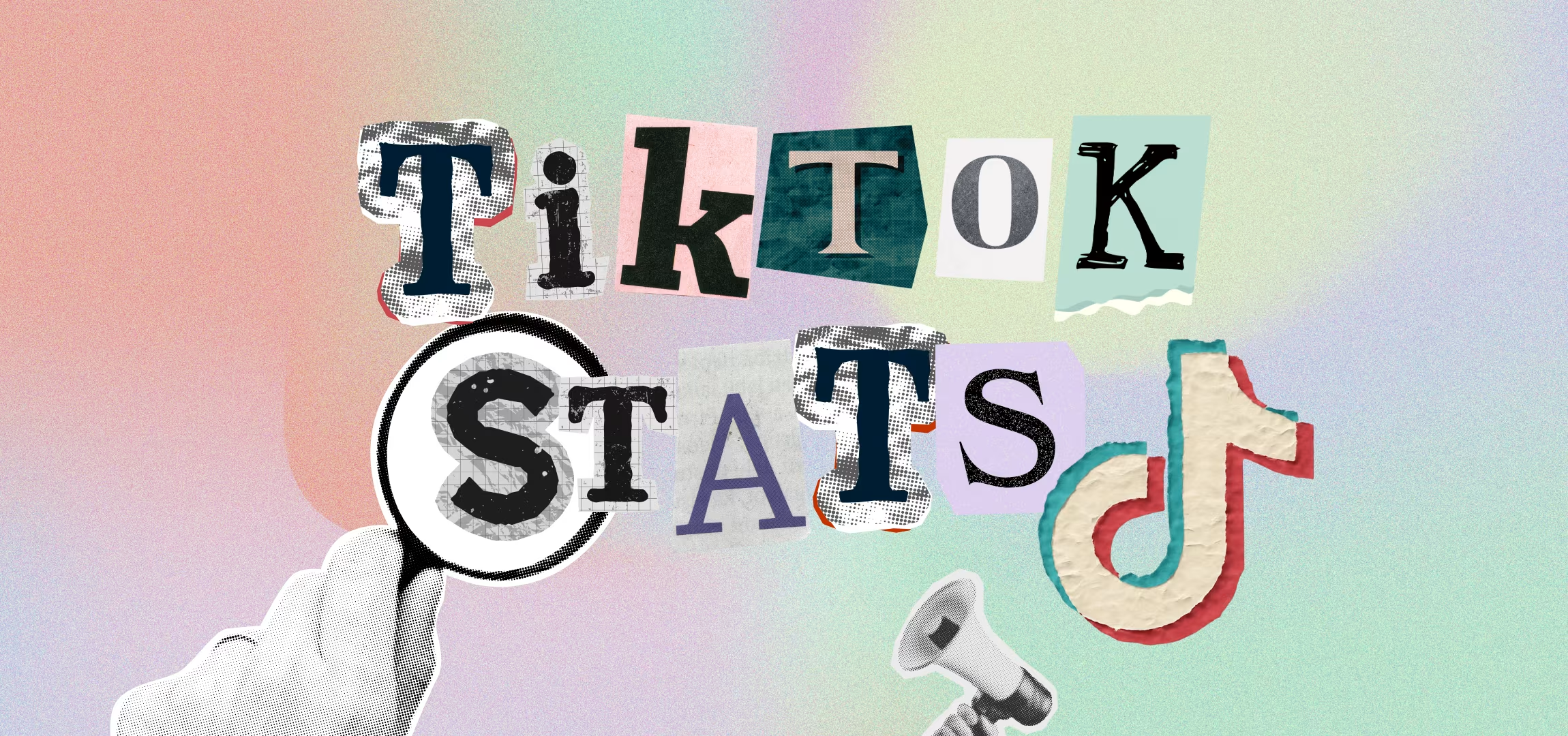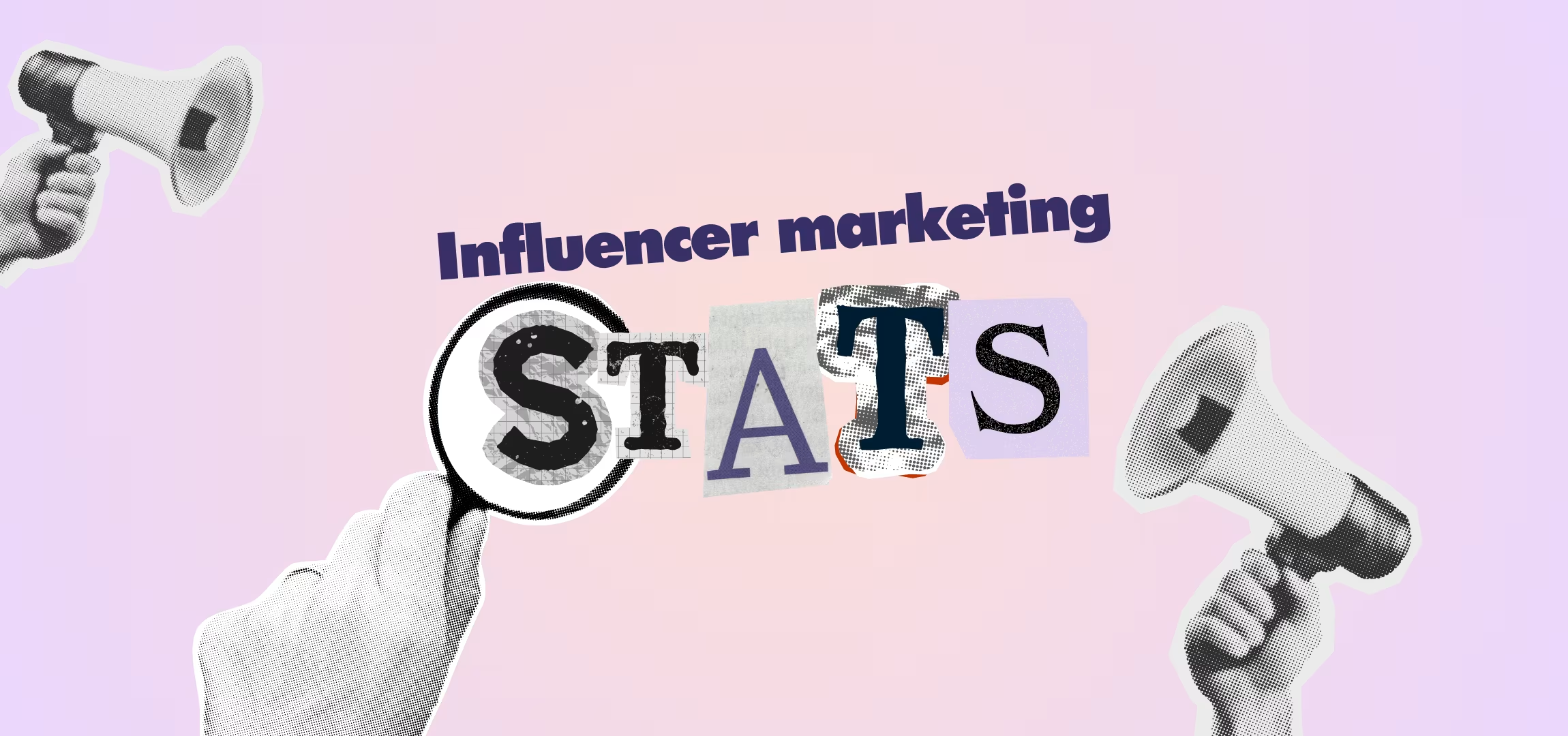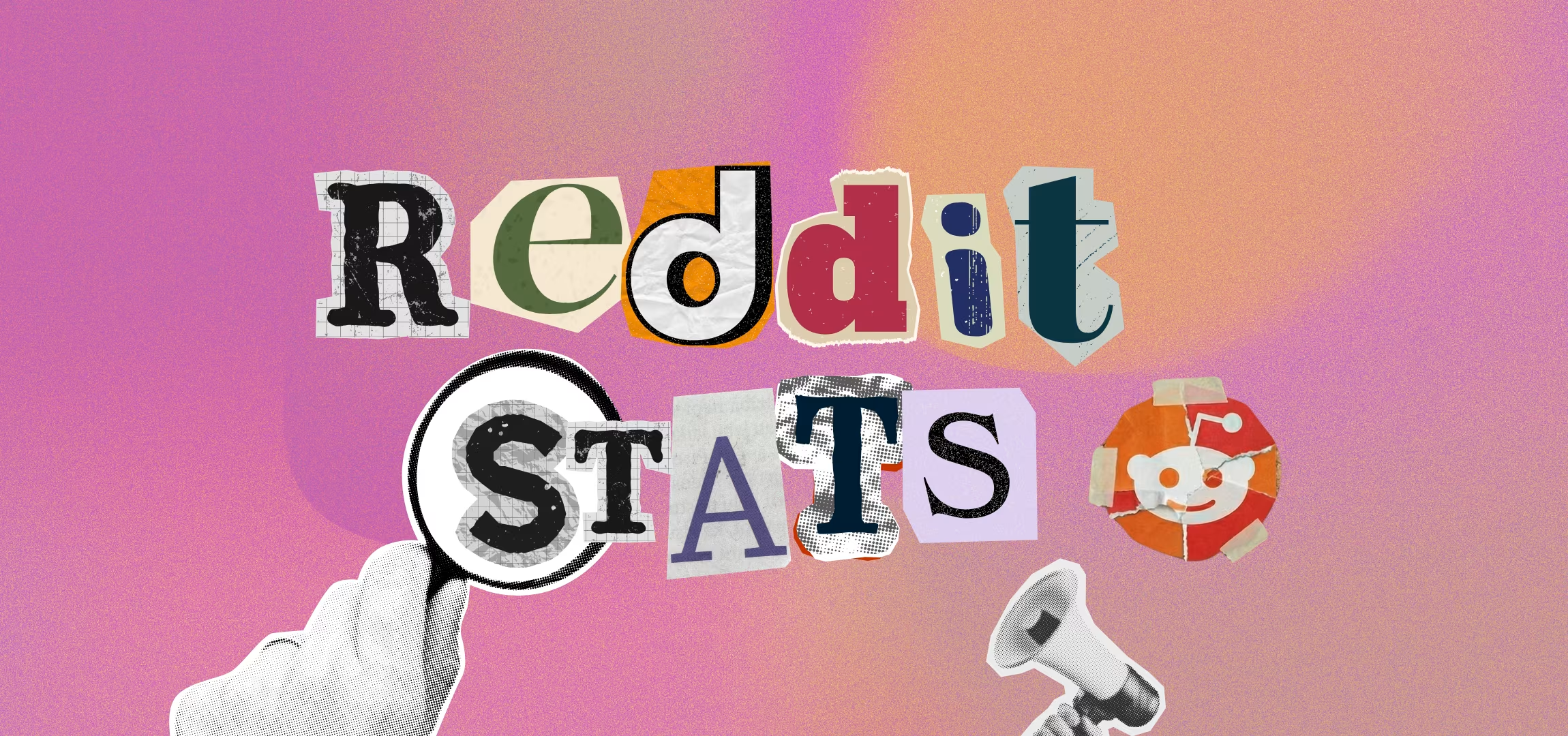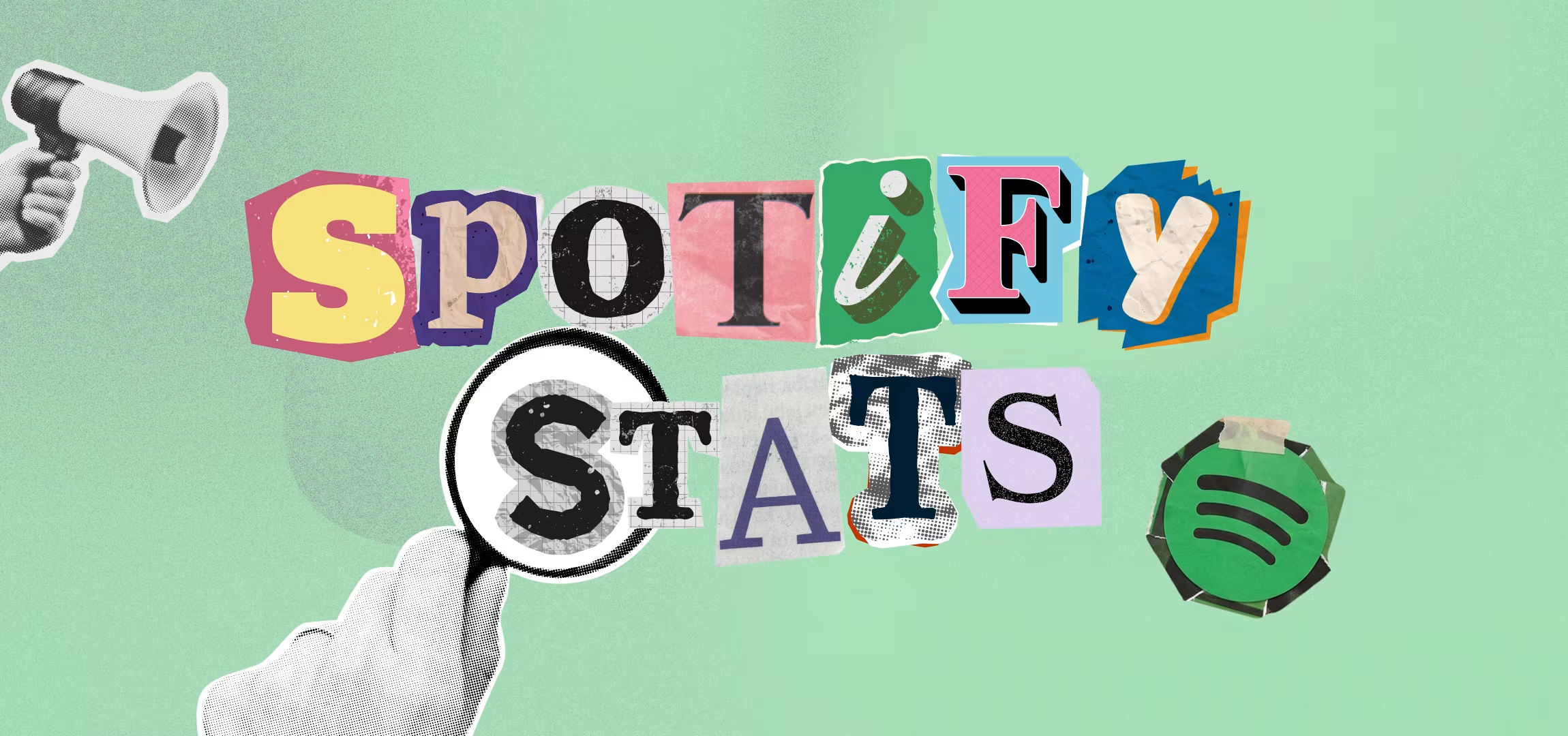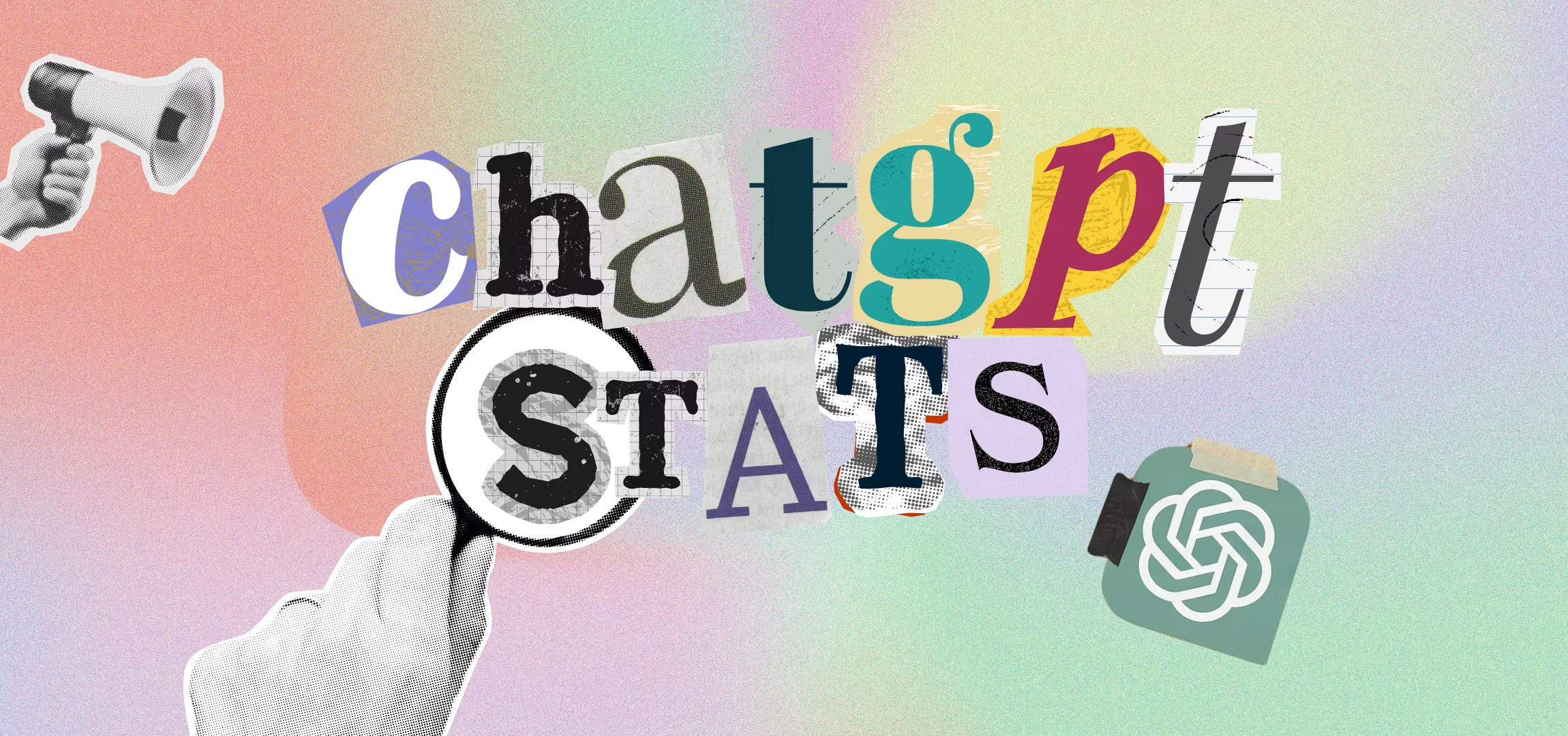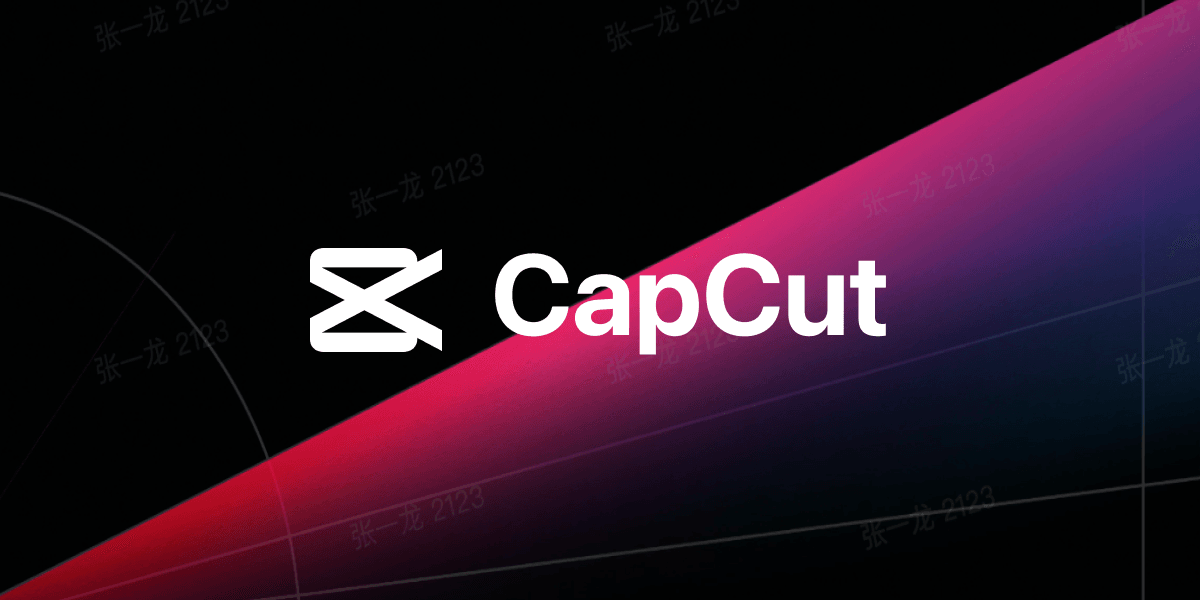
🗓️ 19.06.2025
CapCut’s Terms of Service Just Changed – What Creators, Agencies & Brands Need to Know
🕒 6 min read 🧑 by Sarah Fulford-Williams
Table of Contents
If you’re a content creator, social media marketer, or agency using CapCut, a major update to the platform’s Terms of Service may put your content rights at risk.
As of June 12, 2025, CapCut (owned by ByteDance, the parent company of TikTok) now claims extensive, perpetual rights to use, modify and distribute your content, even for commercial purposes. This includes client work, internal drafts, branded edits, and personal projects.
✅ TL;DR
- CapCut’s updated Terms of Service give ByteDance extensive rights to use and modify any content you upload
- We strongly recommend that creators and agencies remove CapCut from all professional workflows to protect client IP
💜 Our Policy at Our Own Brand
At OOB we’re proactively removing CapCut from all professional workflows to ensure our content, and our clients’ IP, is fully protected.
We’re also advising all creators in our network to review their tools, terms, and processes carefully. Transparency, ethics, and content control are core to how we operate.
📄 What’s in the New CapCut Terms of Service?
The updated CapCut TOS grants ByteDance a:
- Perpetual, worldwide, royalty-free, and irrevocable license
- Rights to use, modify, reproduce, monetise, and distribute your content
- Ability to create derivative works and sublicense them to third parties
- Rights over your name, face, voice, and likeness without requiring additional permission or payment
This applies even if your content is never published or later deleted from the platform. These sweeping terms mean that any video, audio, image, or design you upload to CapCut can legally be used by ByteDance, in advertising, AI training, media, and more – without notifying you or compensating you.
🔎 Do You Still Own Your Content on CapCut?
Yes, you retain copyright ownership, but ByteDance now holds a license so broad that it essentially grants them co-ownership in practice. They can reuse or republish your work for any purpose.
If you’re working with confidential client materials, branded content, or influencer campaigns, this creates serious risk around IP ownership and compliance.
🚨 Why This Matters for Creators, Agencies & Brands
Unlike most social media tools, CapCut’s new terms of service:
- Applies to unpublished and draft content
- Extends to client work, logos, and branding
- Authorizes commercial use of your likeness
- Includes no opt-out or granular permission controls
If you’re using CapCut for professional work, especially under NDA or commercial agreement, you could now be in breach of client terms without knowing it.
✅ Best Practices: How to Protect Your Content and Clients
To keep your content protected and your workflows compliant:
🛠 Do:
- Stop using CapCut for professional or client-facing content
- Review the updated CapCut Terms of Service – focus on licensing, likeness rights, and content ownership (Section 10)
- Use secure editing tools like Adobe Premiere Pro, Final Cut Pro, or DaVinci Resolve
- Backup your content outside of CapCut’s ecosystem
🛑 Don’t:
- Upload client content, confidential material, or brand assets to CapCut
- Assume your work is protected just because it’s unpublished or deleted
- Use CapCut without a clear understanding of how your content may be reused
🔐 Own Your Work, Don’t Just Upload It
Your content is your asset and an extension of your brand ✨ Tools like CapCut may be free, but the hidden cost could be your rights, your brand, or your clients’ trust.
Need help reviewing your process? Say hello@ourownbrand.co
📌 FAQs
CapCut now grants ByteDance an indefinite, worldwide, royalty-free license over your content. They can use your work for commercial purposes, modify it, and even sublicense it to others, including unpublished or deleted drafts.
Yes, you technically keep the copyright. But ByteDance’s license is so broad that it effectively gives them co-ownership in practice.
Yes. The terms explicitly apply to unpublished, saved, and deleted content. If you’ve uploaded it, they can still use it.
The new terms allow ByteDance to use your likeness, including your face, voice, and name, for commercial purposes, without additional consent or payment.
If you upload client work, branded assets, or NDA-protected material to CapCut, you could be exposing confidential content and violating client contracts.
-
Stop using CapCut for professional projects.
-
Switch to secure editing tools like Adobe Premiere Pro, Final Cut Pro, or DaVinci Resolve.
-
Always back up your content outside of CapCut’s ecosystem.
-
Never assume unpublished or deleted content is safe from reuse.
No. At OOB we’ve removed CapCut from all workflows and advise all creators in our network to do the same to protect content rights and client IP.






